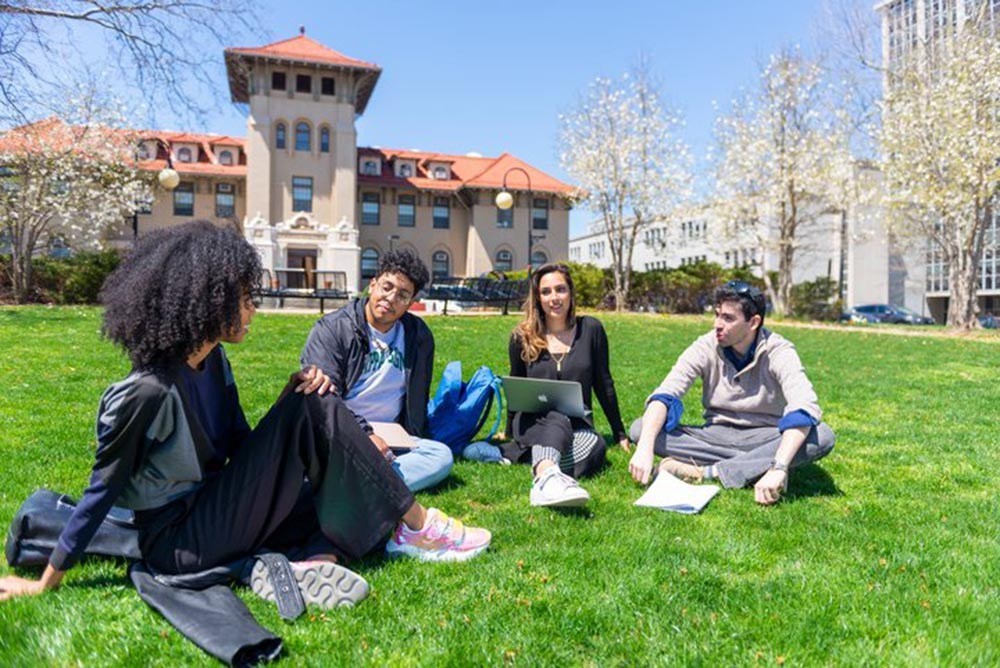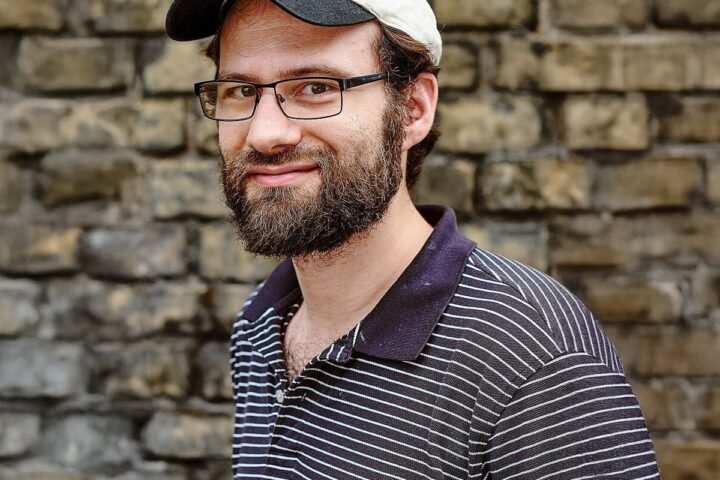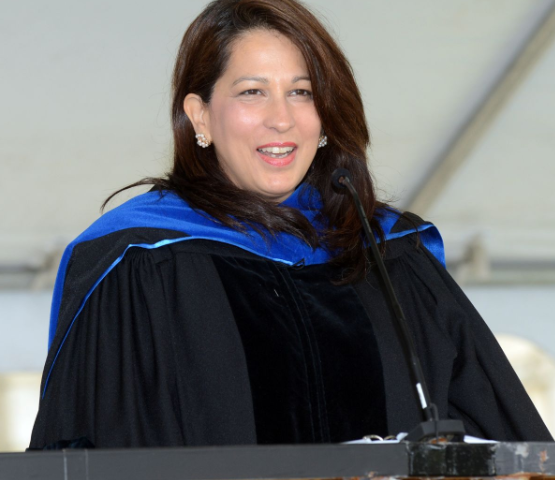Young people across the country are rising up and speaking out about the need to take serious action when it comes to climate change. A recent report from the United Nations warns that in just 10 years, Earth’s global temperatures will rise by 2.7 degrees Fahrenheit, even further exacerbating extreme weather, storms, and drought around the world. Humanity must make drastic changes to carbon emissions and work toward more resilient communities.
In April, the Queens College community, led by the Urban Studies Department, came together for a forum on the Green New Deal, a nationwide movement toward revamping our economy and reinvesting in the infrastructure needed to save our planet. The forum included participation of the chair of the environmental committee for the NYC council, Costa Constantinides, who recently passed what is being referred to as the most aggressive climate change bill of any city in the country. Central to the initiative, is a dedication to reduce carbon emissions to zero by 2030 in order to confront the climate crisis.
Where does QC fit into all of this? As it turns out, CUNY began making strides to reduce energy use and emissions back in 2007 with “Sustainable CUNY”. It mandated that every campus will form a sustainability committee to provide guidance in implementing 10-year sustainability plans.
The plan for QC from 2007, also posted on the college’s website, is a 32 page document filled with specific long-term goals, implementation plans and a list of students, staff and faculty participants of the committee. The committee included an impressive combination of student and faculty members represented by the department of buildings and grounds, environmental health and safety, urban studies, and the Student Union Association. The plan included goals for reducing emissions and installing solar electrical systems on multiple buildings.
Tragically, the most recent sustainability coordinator responsible for the committee passed away in 2017 and her position has not been replaced. This is likely why there is no public record of the results of this plan, whether it was fully implemented and what is next on the agenda for QC and its’ sustainability goals. Since her passing, there has been no one to adopt all her roles.
Queens College’s Office of Facilities, Planning and Operations had to absorb these responsibilities. However, there is no longer a sole staff person dedicated to coordinating a committee of stakeholders campus-wide.
Shaline Mahadeo, a sophomore pursuing a biology major, says, “It shocks me that the position hasn’t been filled and it’s been over one and a half years.”. Sophomore Zainab Akande, majoring in East Asian Studies, agrees. Akande says, “If there’s nobody taking the position, I’m concerned about the fate of sustainability on this campus”.
This begs the question – how can Queens College continue to move forward as a community to achieve long-term sustainability goals? Will Queens College and other CUNY campuses receive dedicated funding to ensure campuses can continue to advance sustainability goals with input from stakeholders across our campuses?
How will CUNY speak up and fight for funding for sustainability initiatives in the coming years as climate change becomes a more pressing threat? Currently,the Queens College sustainability website is vague and though it spells out the “7 Pillars of Sustainability”, there is little mention of concrete plans going forward and no ways to keep the plan in check. A dedicated committee on sustainability at Queens College is more urgent now than it ever has been. As the president of the Environmental Club, I will continue to push for more ambitious sustainability goals for QC and CUNY-wide.














